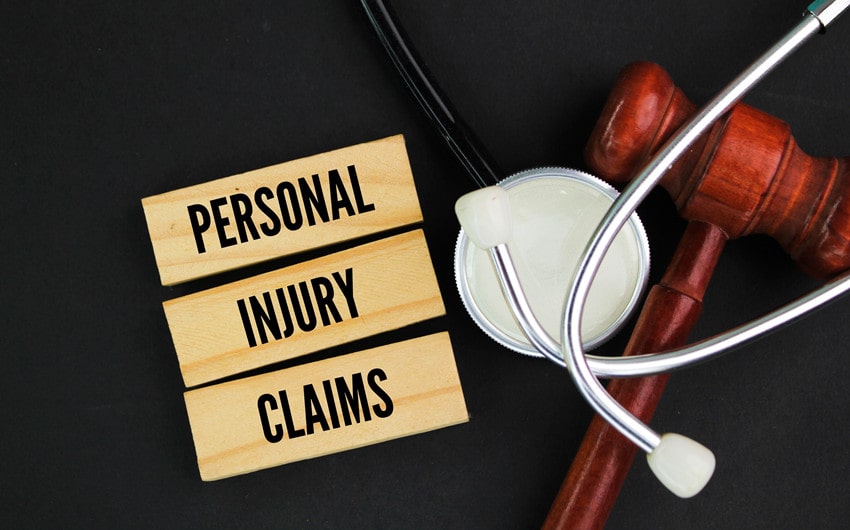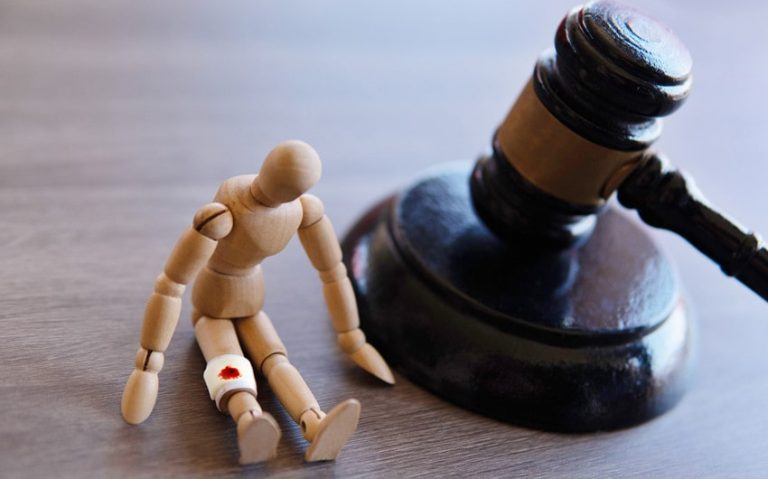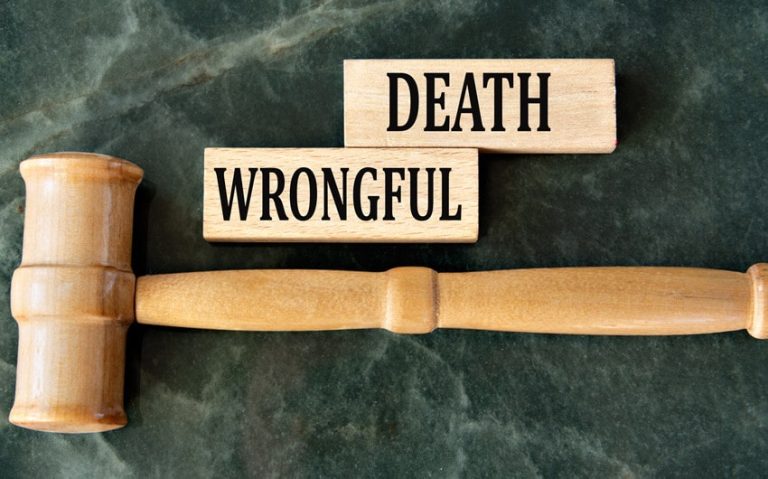What to Do When Your Personal Injury Claim Is Denied
If you’ve suffered an injury due to an accident, the last thing you want to deal with is a denied personal injury claim. Whether it’s a car accident, a slip and fall, or a workplace injury, facing a claim denial can be overwhelming. However, a denial is not the end of the road—there are several steps you can take to protect your rights and pursue fair compensation.
If your claim has been denied, it may be helpful to consult with an injury attorney in Sacramento to guide you through the next steps and ensure that your case is handled properly. Here’s what you should do when your personal injury claim is denied.
Understand the Reason for Denial
The first step after a denial is to fully understand why the insurance company or responsible party has rejected your claim. Insurance companies must provide a reason for denial, which may fall into one of the following categories:
- Lack of coverage: You may not have had sufficient coverage for the type of injury or accident you experienced.
- Failure to meet the burden of proof: The insurance company may argue that you didn’t provide enough evidence to prove the extent of your injury or fault in the accident.
- Pre-existing conditions: Some insurers may claim your injuries were caused by a pre-existing condition and not the accident itself.
- Late filing: If your claim was not filed within the statute of limitations or deadline specified in your policy, it may be denied.
Make sure to review the denial letter carefully and ask for clarification if the reason for denial is unclear.
Review Your Policy and Documentation
Before taking further action, review your insurance policy, medical records, and any documentation related to the injury. Look for discrepancies or misunderstandings that might have led to the denial. Key points to examine include:
- Policy coverage: Make sure the accident type is covered under your policy.
- Medical records: Verify that your injury was documented correctly and that your medical treatment supports your claim.
- Accident report: If applicable, confirm that the accident report accurately reflects the events and parties involved.
Gathering and organizing all relevant information is crucial in making your case for an appeal or litigation.
Appeal the Denial
Most insurance companies allow you to appeal a claim denial. This is your opportunity to present additional evidence, clarify any misunderstandings, and argue why your claim should be approved. When preparing an appeal:
- Submit new evidence: If you have additional medical documentation or witness statements, present these to strengthen your case.
- Follow the appeals process: Every insurance company has its own procedure for handling appeals. Be sure to follow these guidelines carefully, including any deadlines for submitting your appeal.
- Write a clear, concise letter: Explain why you believe the denial was made in error, referencing the specific details and evidence that support your claim.
Having a well-documented appeal will improve your chances of a successful outcome.
Consult with a Personal Injury Attorney
If your appeal is denied or if you are unsure how to proceed, it may be time to seek the advice of an experienced personal injury attorney. A lawyer can help you:
- Evaluate the strength of your case: An attorney can help determine if your case has merit and if there are any legal loopholes to explore.
- Negotiate with the insurance company: Lawyers often have experience negotiating with insurance companies and can advocate on your behalf for a fair settlement.
- File a lawsuit: If all else fails, your attorney can help you take the case to court and pursue compensation through litigation.
Consulting an attorney is especially important if the insurance company is not cooperating or if you face complex legal issues.
Consider Mediation or Arbitration
Before resorting to a full lawsuit, consider alternative dispute resolution methods such as mediation or arbitration. These methods are often quicker, less expensive, and less adversarial than going to court. In mediation, a neutral third party helps facilitate negotiations between you and the insurance company to reach a settlement. Arbitration involves a neutral party making a binding decision after hearing both sides of the case.
If you and the insurance company can reach an agreement through mediation or arbitration, you may avoid a lengthy court battle.
Prepare for Litigation
If all other avenues fail, litigation may be the next step. Filing a lawsuit can be a lengthy and costly process, but it might be necessary if you are entitled to compensation and cannot reach an agreement with the insurance company. In court, the burden of proof is on you, meaning you’ll need to present evidence that proves your injury was caused by the accident and that the insurance company should cover your damages.
Work closely with your attorney to prepare for the trial, including gathering expert witnesses, medical evidence, and accident reports to bolster your case.
Stay Persistent and Keep Records
Throughout the process, it’s important to remain persistent and keep thorough records of all communications with the insurance company, your attorney, and any medical professionals. Stay organized by maintaining:
- Copies of all correspondence: Keep track of emails, letters, and phone conversations.
- Medical records: Continuously update your records to reflect any ongoing treatments or new developments.
- Witness statements: If applicable, collect statements from witnesses who can testify on your behalf.
Persistence and documentation are essential in ensuring that your claim is handled fairly.
A denied personal injury claim can be frustrating, but it’s not the end of the road. By understanding the reason for the denial, reviewing your documentation, appealing the decision, and consulting with an attorney, you can still pursue the compensation you deserve.
Remember, it’s essential to act quickly, as there may be time limits for appealing or filing a lawsuit. With the right approach and professional guidance, you can fight for a positive outcome in your personal injury case.







